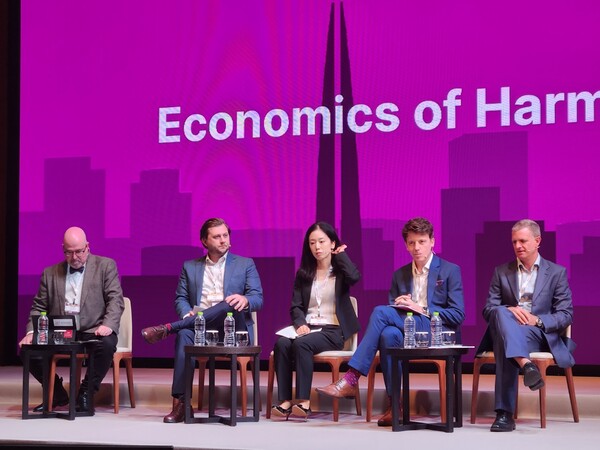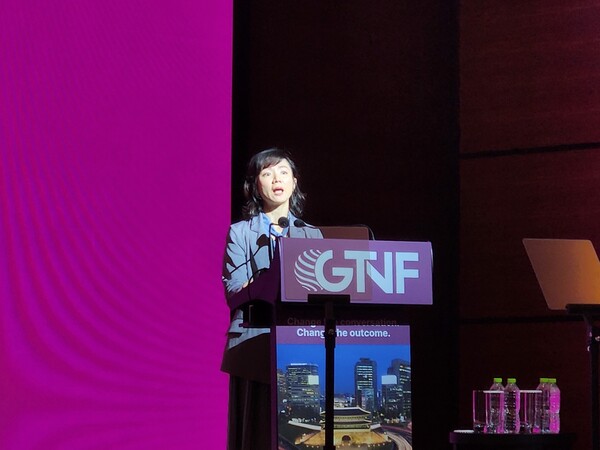Referencing a recent paper “E-Cigarettes and Smoking: Correlation, Causation, and Selection Bias," Professor Anna Choi of Public Administration at Sejong University shared that the government's discouragement of electronic nicotine delivery systems (ENDS) use, could have been a missed opportunity.

Based on the study, she noted two kinds of individuals. A type I individual is more likely to initiate smoking, more likely to become addicted if he does smoke, and less likely to have strong motivation and high self-efficacy to quit smoking. In contrast, a type II individual is less likely to initiate smoking, has lower addiction potential, and a higher potential to quit smoking.
In 2015, the Ministry of Health and Welfare (MOHW) announced that e-cigarettes were dangerous to health and implied they were just as harmful as smoking. Consequently, that together with tax increases appeared to shift ENDS use towards those smokers for whom cessation is less likely.
However, such correlation does not imply that the causal treatment effect of ENDS use on cessation from smoking is negative, due to selection bias, emphasized Choi.
Unobserved individual factors not captured in surveys strongly correlate ENDS use with smoking cessation, but there's no causal impact from ENDS use to smoking for this type of individual, representing a missed opportunity for type II individuals.
The study, after adjusting for unobserved confounding characteristics with regression models, suggested that ENDS promote smoking cessation. In particular, the prohibitory effect of END use for type II individuals increased by 28 percent.
“The government can play a huge role in the perception of harm from e-cigarettes,” said Choi. “Longitudinal studies following current smokers over time with various age groups should be conducted to establish causal impact and develop studies to better guide policies based on evidence.”
In this regard, she mentioned that the government should consider different tax structures to encourage END use over combustible because it is currently taxed almost similarly, providing no incentive for combustible smoke cessation.
‘Criminal trade knows no borders so cooperation needed’
Julian Cheung Anti-Illicit Trade Operations Director for JTI’s APAC region revealed the reason for the growth of the illicit tobacco market.
“If cigarettes become 10 percent more expensive relative to incomes, on average illegal trade grows by 7 percent,” said Cheung.

According to an estimation from the World Bank, she noted that governments’ annual revenue loss in tobacco taxation through illicit trade was approximately $40-50 billion.
“Criminal trade knows no borders so we need greater cooperation across government agencies at international and national levels to increase fines and penalties for those distributing and selling illegible tobacco,” she said.
She highlighted the ongoing efforts of Japan Tobacco International (JTI) to work with international enforcement agencies such as OLAF, Europol, and HMRC in the UK exemplifying the mutual benefits of an open, proactive relationship between law enforcement agencies and tobacco companies.
“It is important to switch the narrative surrounding illegal trade and act together through innovation, strategies, and cooperation by focusing on eliminating the financial source of criminal networks to curtail illegal tobacco trade and safeguard communities and economies," said Cheung.

